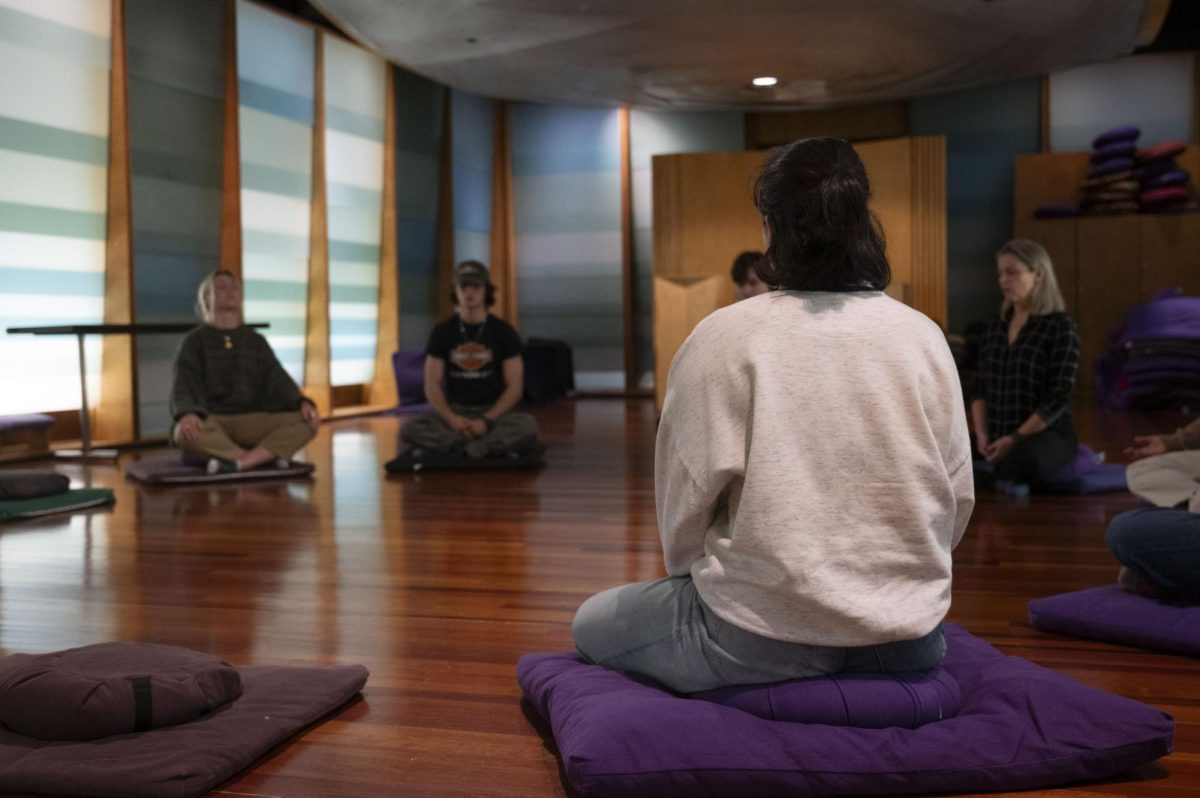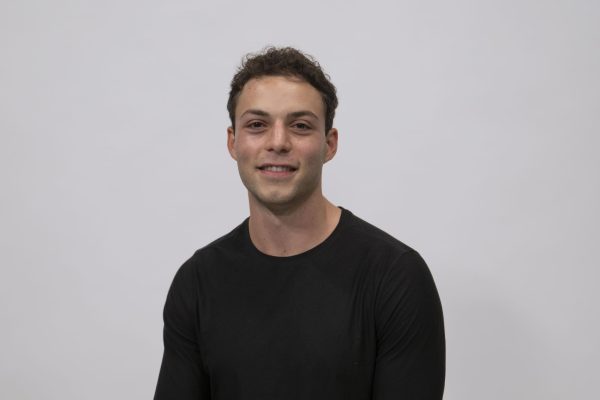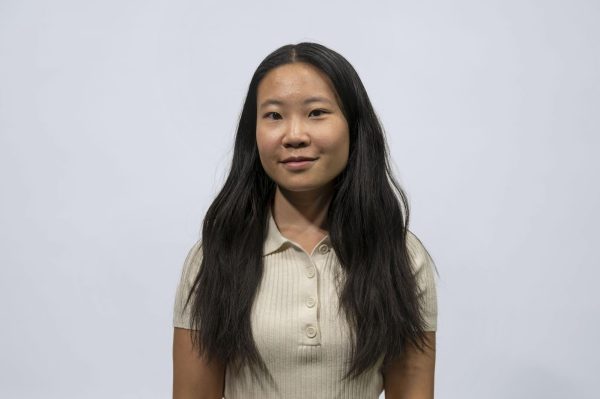Oscillating between the all-too-common no-man’s-land that often accompanies a deep tissue massage — that of acute physical discomfort coupled with precise, continuous, tension release — my masseuse suddenly proposed an unprompted question that felt more like a command: “Do you meditate? You should meditate.”
A bit taken aback, I mustered up a diplomatic tone and explained that meditation seemed like a bunch of hogwash. A slippery slope into a hocus-pocus, woo-woo, superstitious world — one which I have no interest in becoming a part of.
While surely an adequate activity for a masseuse to take up (don’t they all embrace concepts such as “spiritual energy” and believe in “the entanglement of the mind, body and soul?”), I was highly doubtful that meditation could give me any benefits.
Buoyed by what she must have perceived as unfounded skepticism, for the next 45 minutes, the massage morphed into a ceaselessly enthusiastic attempt at persuasion. Her strategy to cajole me away from a belief that meditation was simply pseudo-science — deployed by those seeking to mask their weekly psychedelic experiences under the suitable guise of “self-improvement” — began with, you guessed it, a recounting of her favorite psychedelic experience.
Smoking the dried venom gland secretions from the Bufo Alvarius toad, she explained, led to a deeper understanding of life, death, human relationships, meaning, fulfillment and opened up portals into mystical universes. Cue eye roll.
Needless to say, this story did little to dispel my skepticisms. If anything, it reinforced my prior beliefs that meditation is not a serious endeavor.
Fast-forward two months later, imagine my surprise after learning that virtually all of my philosophy professors — individuals I often look up to and hold in extremely high regard — are prolific meditators. In an effort to reconcile my reverence for these professors with my perception of meditators as people indoctrinated by a sort of mystical mumbo-jumbo, I became determined to give it a try.
I downloaded Sam Harris’ Waking Up app, went to Northeastern’s Center for Spirituality, Dialogue, & Service’s daily guided meditations and attempted to engage in full. This effort completely altered my now obviously inaccurate perceptions. My masseuse would have been proud. Meditation does not have to be a solely ethereal, divine experience — it can instead be something much more tangible.
Meditation can be thought of as the practice of cultivating one’s attention.
Attention, like our eyesight, can be directed, focused and honed — and it can also be trained. When meditating, our attention is turned inward, as if our eyeballs were rolling back upon themselves and focusing instead on our ideas, thoughts, feelings or sensations.
As university students with attention span issues, we are all familiar with the challenges associated with directing attention, but commanding our attention inward is a wholly different practice. It is much more difficult. While your eyes allow you to see the object of your focus, turning a failure of attention into a failure of discipline, there is no such object to “point to” when directing attention inside ourselves.
Understood in this manner, as an exercise in curating and gaining mastery over attention, opens up the appeal of meditation to many of us more regular people. Meditation no longer needs to be an activity merely for the spiritual, warlock, sorcerer-adjacent or tree-hugger.
For the self-described gym rat, meditation is another opportunity to gain command over one’s body, test their willpower, see how far one’s body’s potential can stretch and challenge oneself in a new method.
For the contemplative and introspective, meditation enables deeper self-understanding, identifies areas for improvement, provides emotional clarity and cultivates reflection.
For busy professionals, it offers a crucial respite from the demands of daily life and acts as a mental reset, allowing us to recharge and improve focus, creativity and productivity.
Take it from a certified meditation skeptic: Although not yet a transcendental experience, this practice has refined my attention and enabled for a deeper identification of those inner sensations which are often so convoluted. Instead of only allowing masseuses and Silicon Valley venture capitalists to reap the rewards of meditation, try it yourself.
Jack Masliah is a fourth-year political science and philosophy combined major and columnist for The News. He can be reached at masliahlitchi.j@northeastern.edu.
The Huntington News is dedicated to serving the Northeastern University community with original, professional reporting and creating an environment in which student journalists can learn from one another. Support an independent, free press at Northeastern University with your donation today.


















